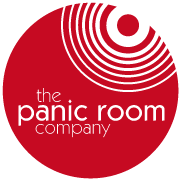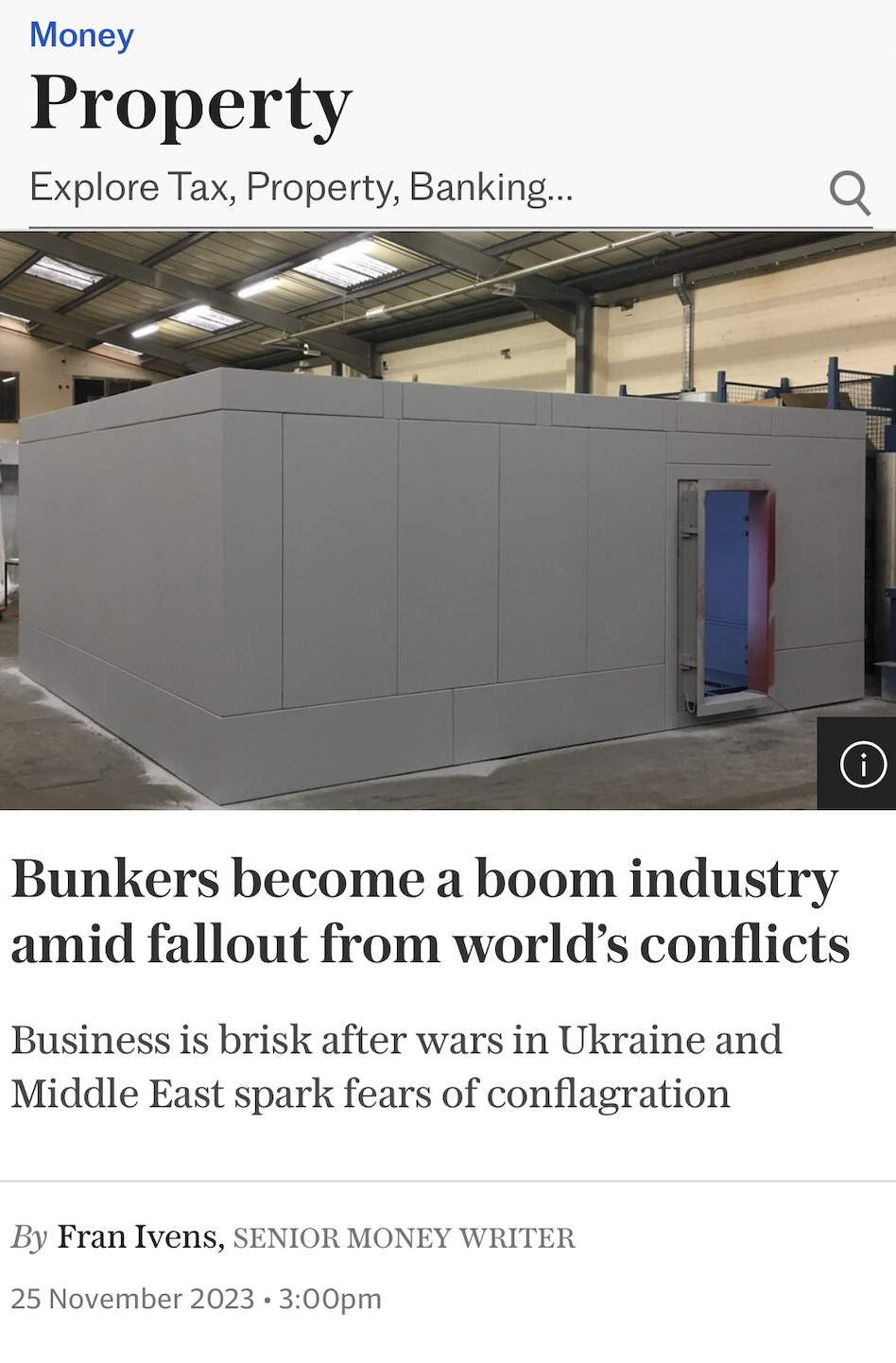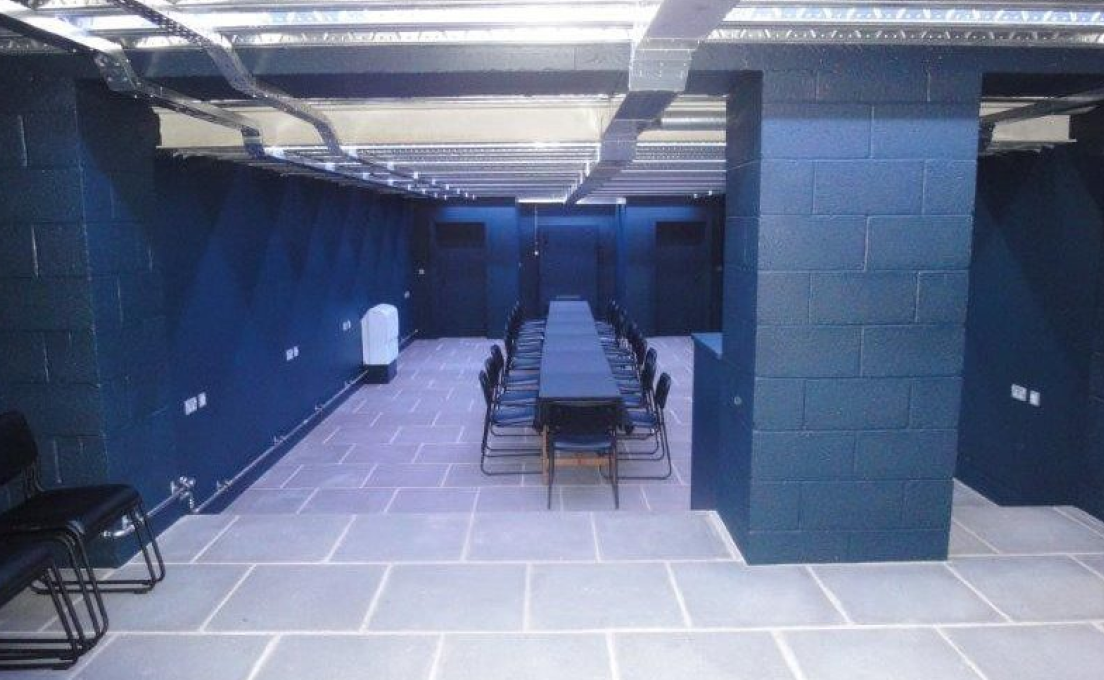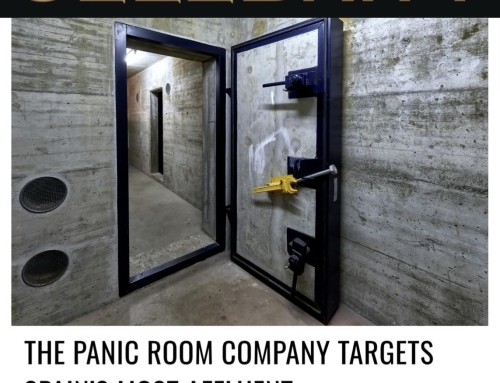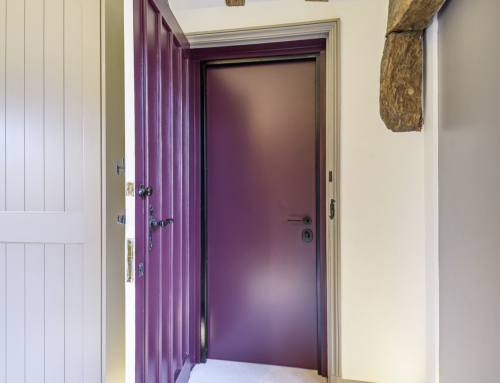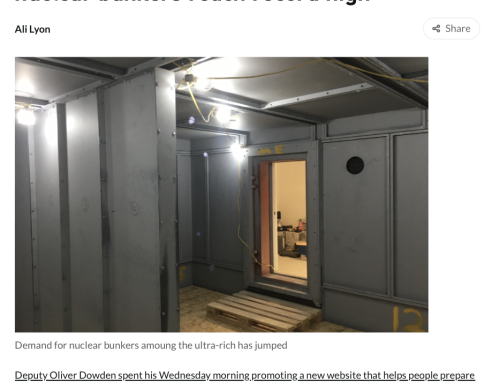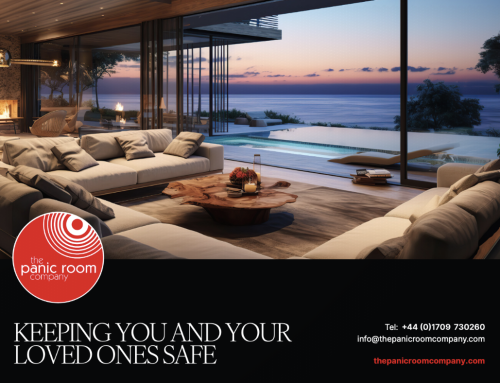Read the full article below or on the telegraph website: https://www.telegraph.co.uk/money/property/building-bunker-panic-room-safety-nuclear-war/
Bunkers become a boom industry amid fallout from world’s conflicts.
Business is brisk after wars in Ukraine and Middle East spark fears of conflagration.
How to protect your family in the event of a nuclear strike may not be top of your list when it comes to making improvements to your home.
An extension, loft conversion, new kitchen or renovation, maybe – but a fully secure underground shelter with its own power and water supply?
Unlikely though a nuclear attack may seem, the ongoing conflict in Ukraine and the shock of hostilities in the Middle East last month have forced us to confront a new world.
Last year a petition was started to get Parliament to debate a proposal to ‘build underground nuclear bunkers with all facilities for the public’. The UK has only 258communal shelters – compare that with Switzerland’s 360,000, enough to accommodate its entire population.
Although the petition was rejected, it is evidence, says Panic Room Company director Paul Weldon, that the public are worried about a place to shelter in the event of nuclear war.
Since Russia’s invasion of Ukraine in February 2022 Vladimir Putin has been unafraid to turn up the rhetoric on how far he is prepared to go. And it has been the catalyst for some to take action.
Image of the inside of inside of a nuclear shelter. Credit: The Panic Room Company.
Some have been after residential protection for longer. In 2017 Weldon was asked to build a bunker in leafy and well-heeled Wimbledon.
“We designed and installed a shelter with its own generation power supply and water unit,” he says.
“We did that one and then off the back of that we have done some more, some internationally as well. The builder who was doing the fit out with us had struggled to find anyone who could fill the brief. We could fill that specification.”
He says there has been a ‘flurry’ of interest in both over and underground bunkers since the invasion of Ukraine.
“Some [clients] are trying to protect from a very close explosion but some of the units are a little bit more rural. So they are looking at they may be on the outskirts of a blast radius and be there for up to four weeks. Just sit it out knowing they have breathable air,” he says.
The units are kitted out with safe drinking water, dried food and things you need to sustain life.
“We have done about half a dozen since Ukraine,” says Weldon. “It is the nature of the business.”
But not all clients are looking to build a full nuclear bunker. Instead some are investing in equipment such as NBC (nuclear, biological and chemical) filter systems.
Others are looking at converting existing rooms in their homes into panic rooms that do not offer the full protection of a bunker, but provide more security than the rest of the house.
“Initially it was just about the Ukraine war but as it has gone on people have looked at the bigger picture and are uneasy,” Weldon adds.
“The wealthy are definitely worried because what I have found is where I have just been putting a safe room in a big new renovation, now the mindset is should we go to the next level, to add in a water filtration system.
“When doing a renovation, panic rooms are now part of the build as well as a swimming pool, new kitchen etc.”
The fitting out of a safety room usually takes about six weeks, while installing and kitting out a full bunker takes around three months.
Engineering considerations and technical issues around building controls also need to be looked at. It is also not cheap. Prices for panic rooms to bunkers typically range from £250,000 to £1.5m.
And at the top end of the spectrum bunkers are equipped for long stays and made to be as comfortable as possible.
As well as surviving nuclear fallout, the addition of a bunker to your property could have another benefit – increasing your house price.
“I would suggest yes, having a panic room or bunker does add value to a property now. Because of the increase in demand, it is on people’s mind,” says Weldon.
Please do not hesitate to contact us on +44 (0)1709-730260 or by emailing info@thepanicroomcompany.com.
